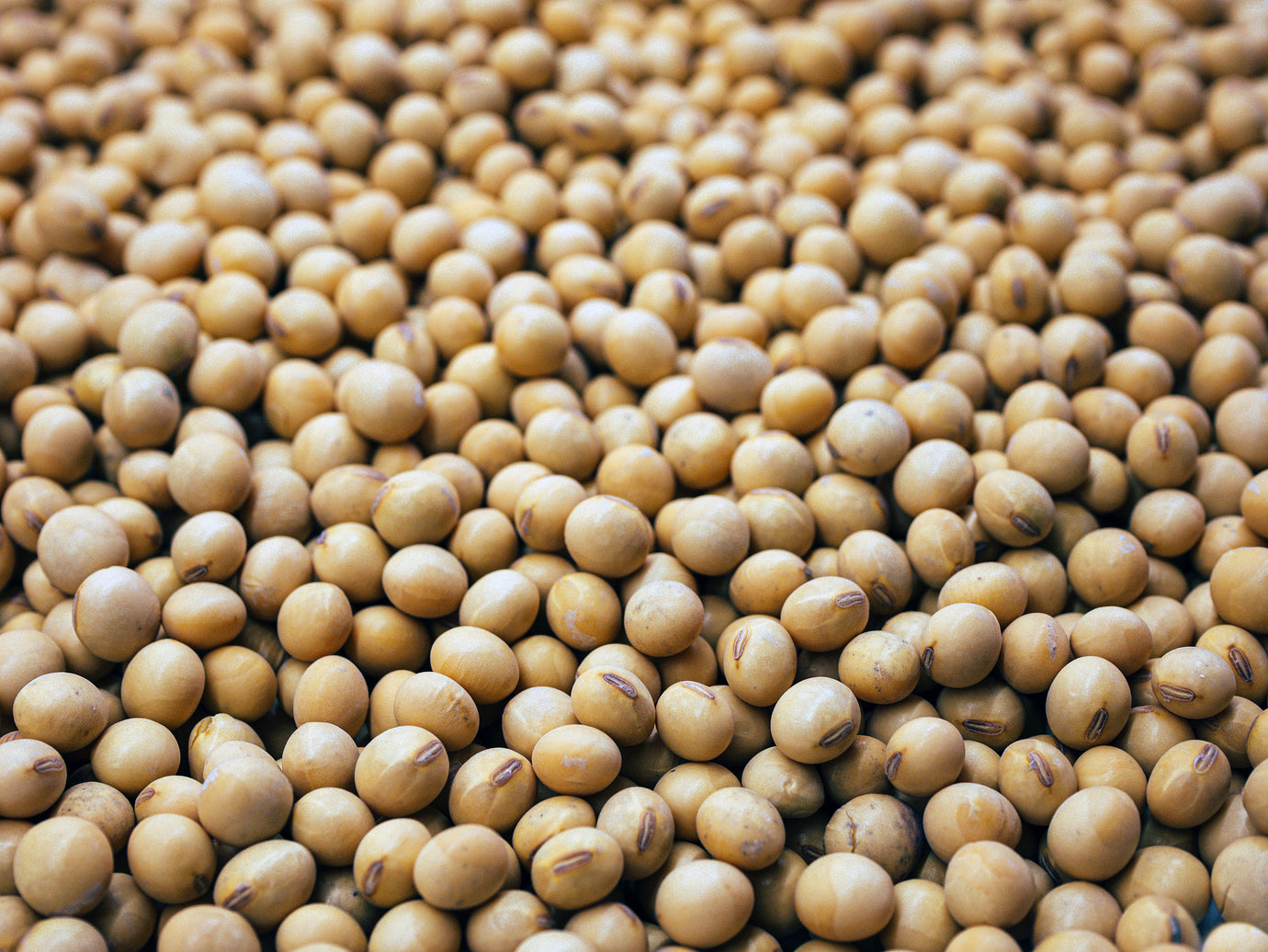Before exploring specific temperatures and types of oils, you may be wondering what a smoke point even is.
A smoke point is the temperature at which an oil begins to visibly smoke. The reason it's so important in cooking is not just for fire safety or flavour reasons- it also has an impact on health.
Once an oil reaches its smoke point, it starts to decompose and release harmful compounds.







